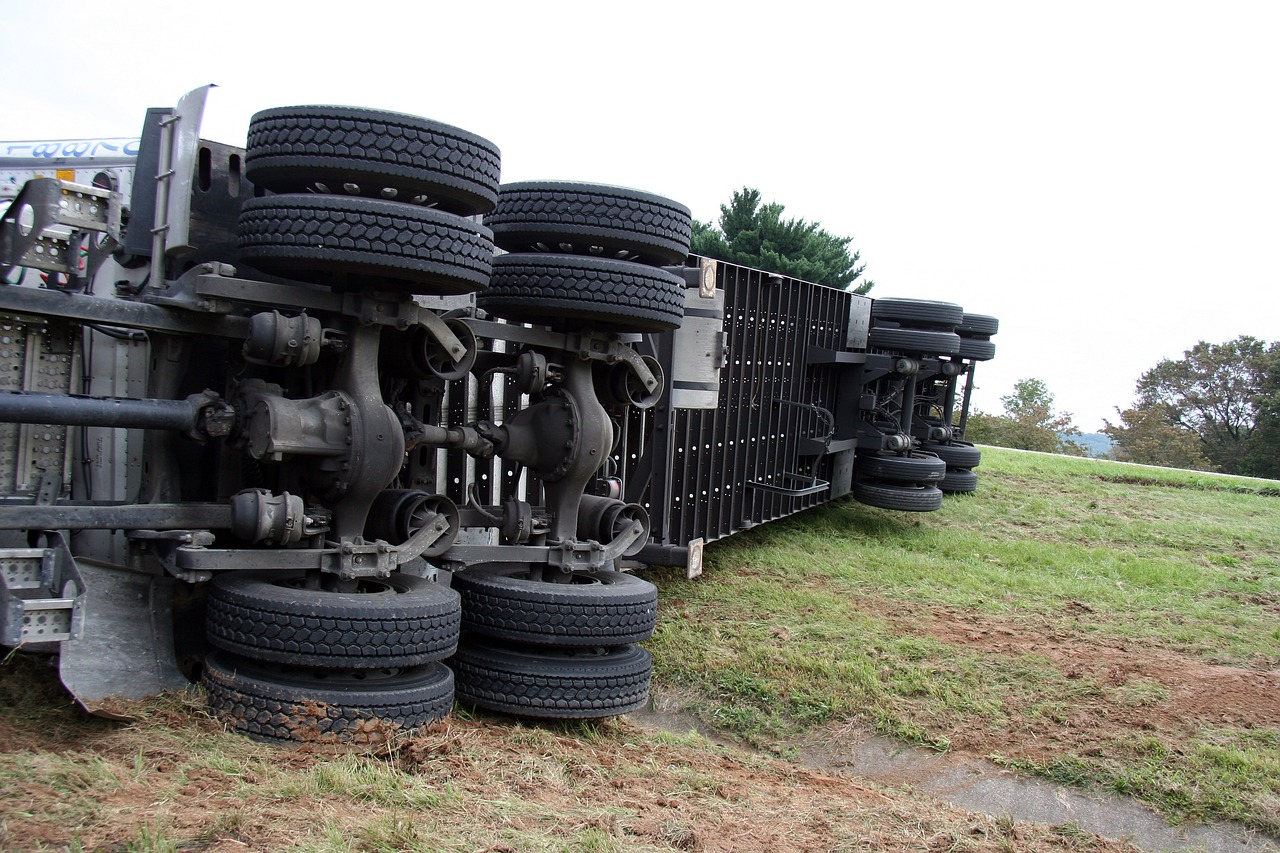Truck accidents can result in severe injuries, significant property damage, and, unfortunately, sometimes fatalities. In the aftermath of such incidents, victims may be entitled to compensation for their losses. However, time is a critical factor in pursuing legal action. The statute of limitations sets a deadline for filing a truck accident lawsuit, and understanding these time limits is crucial for protecting your legal rights. This article will explain what the statute of limitations is, how it applies to truck accidents, and provide tips for ensuring your claim is filed on time.
Understanding the Statute of Limitations
The statute of limitations is a law that sets the maximum time after an event within which legal proceedings may be initiated. Once this period expires, the injured party typically loses the right to file a lawsuit. The primary purpose of the statute of limitations is to ensure legal claims are made while evidence is fresh and to provide certainty for potential defendants.
Key Factors Influencing the Statute of Limitations
Several factors can influence the statute of limitations for a truck accident lawsuit, including:
– Jurisdiction: Each state has its own laws governing the statute of limitations for personal injury and property damage claims.
– Type of Claim: Different types of legal claims (e.g., personal injury, wrongful death, property damage) may have different statutes of limitations.
– Discovery Rule: In some cases, the statute of limitations may be extended if the injury or damage was not immediately discoverable.
Statute of Limitations for Truck Accident Lawsuits by State
While the statute of limitations can vary significantly by state, most states have a timeframe of between one to six years for filing personal injury claims related to truck accidents. Here are some examples of statutes of limitations for truck accident lawsuits in various states:
– California: 2 years for personal injury, 3 years for property damage
– Texas: 2 years for personal injury and property damage
– New York: 3 years for personal injury and property damage
– Florida: 4 years for personal injury and property damage
– Illinois: 2 years for personal injury, 5 years for property damage
It’s essential to consult with a local attorney or refer to state-specific laws to determine the exact statute of limitations applicable to your case.
Exceptions to the Statute of Limitations
Certain circumstances can alter or extend the statute of limitations for filing a truck accident lawsuit. These exceptions can vary by state but generally include:
1. Discovery Rule
The discovery rule applies when an injury or damage was not immediately apparent. The statute of limitations may begin when the injury is discovered or reasonably should have been discovered. This rule is often used in cases involving latent injuries or long-term health effects from the accident.
2. Minors and Incapacitated Persons
If the injured party is a minor or mentally incapacitated at the time of the accident, the statute of limitations may be tolled (paused) until the minor reaches the age of majority or the incapacitated person regains capacity.
3. Fraud or Misrepresentation
If the defendant intentionally concealed their involvement in the accident or engaged in fraud, the statute of limitations may be extended to allow the injured party to file a lawsuit once the fraud is discovered.
4. Defendant’s Absence
If the defendant leaves the state or cannot be located, the statute of limitations may be tolled until they return or are found.
5. Government Claims
Claims against government entities often have shorter statutes of limitations and specific procedural requirements. It is crucial to follow these requirements precisely to avoid losing the right to sue.
Steps to Ensure Timely Filing of a Truck Accident Lawsuit
To protect your legal rights and ensure your truck accident lawsuit is filed within the statute of limitations, consider the following steps:
1. Seek Immediate Medical Attention
Prioritize your health by seeking immediate medical attention after a truck accident. Prompt medical care not only aids in your recovery but also establishes a medical record of your injuries, which is crucial for your claim.
2. Consult with a Truck Accident Lawyer
An experienced truck accident lawyer can provide valuable guidance on the statute of limitations and other legal aspects of your case. Consulting with an attorney as soon as possible after the accident can help ensure you meet all deadlines.
3. Gather and Preserve Evidence
Collect and preserve all evidence related to the accident, including photographs, witness statements, police reports, and medical records. This evidence will support your claim and assist your attorney in building a strong case.
4. File Insurance Claims Promptly
Notify your insurance company and the trucking company’s insurer about the accident as soon as possible. Filing insurance claims promptly can help avoid delays in compensation and provide additional documentation for your lawsuit.
5. Keep Detailed Records
Maintain detailed records of all expenses and losses related to the accident, including medical bills, repair costs, lost wages, and other damages. These records will be essential for calculating your compensation.
6. Monitor Statute of Limitations
Work closely with your attorney to monitor the statute of limitations and ensure your lawsuit is filed within the required timeframe. Missing the deadline can result in losing your right to seek compensation.
Conclusion
The statute of limitations for filing a truck accident lawsuit is a critical factor in protecting your legal rights and securing compensation for your injuries and damages. Understanding the specific time limits in your state and any potential exceptions is essential for taking timely legal action. By seeking prompt medical attention, consulting with an experienced truck accident lawyer, gathering and preserving evidence, and keeping detailed records, you can ensure that your claim is filed within the statute of limitations and that you receive the compensation you deserve. If you have been involved in a truck accident, don’t wait—take action today to safeguard your legal rights.
